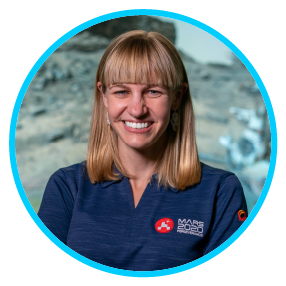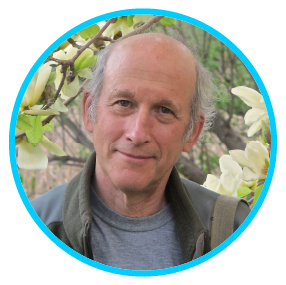Featured Speakers & Panels
Houston National Conference on Science Education • March 31-April 2
Customize your conference experience by clicking the sessions below and adding them to your agenda.
Thursday, March 31 • 2:30–3:30 PM
Call to Action for Science Education
The Call to Action for Science Education—issued this summer by the National Academies of Sciences, Engineering, and Mathematics and funded by the Carnegie Corporation—provides an argument for the importance of science education; identifies major challenges for implementing coherent science education K–16; discusses how science relates to the other STEM disciplines; highlights science education programs and instructional practices that have shown to be most effective; and provides clear recommendations on how teachers, communities, and local, state, and federal stakeholders can work together to improve science education and broaden opportunity in the discipline.
At this featured session science education leaders will discuss the report and outline ways you can join this nationwide effort to change the trajectory of science and STEM education.

Jim Short
Carnegie Corporation of New York: New York, NY
Heidi Schweingruber
The National Academies of Sciences, Engineering, and Medicine: Washington, DC
Erika Shugart
Executive Director, NSTA
Friday, April 1 • 11:00-12:00 PM EST
Exploring Mars with Curiosity and Perseverance
In a stunning engineering feat, Perseverance, the largest and most complex Mars rover yet, landed successfully on Mars on the floor of Jezero crater on February 18, 2021. Its mission is ambitious—seek signs of ancient life and collect samples for future return to Earth. Perseverance and its predecessor Curiosity have and continue to revolutionize our view of the Red Planet, and returned samples just might revolutionize our view of life itself. As a geologist on both mission teams, Kirsten will share the motivation and context for these missions, our new and evolving understanding of our neighboring planet, and how it teaches us about our own world, along with resources to share the excitement with students.

Kirsten L. Siebach, PhD
Assistant Professor
Department of Earth, Environmental, and Planetary Sciences
Rice University
Saturday, April 2 • 12:30-1:30 PM EST
Walden Warming: Climate Change Comes to Thoreau’s Concord
Henry David Thoreau was a climate change scientist! For the past 19 years, Professor Richard Primack and his team have been using Thoreau’s records from the 1850s and other Massachusetts data sources to document the earlier flowering and leafing out times of plants, the earlier flight times of butterflies, and the more variable response of migratory birds. Most noteworthy, plants in Concord are also changing in abundance due to a warming climate. This work has received extensive media coverage as an example of the biological effects of climate change, and is now being extended to the neglected autumn season. What would Thoreau tell us to do about global warming if he were alive today?



